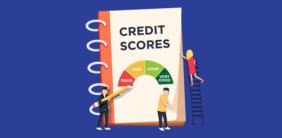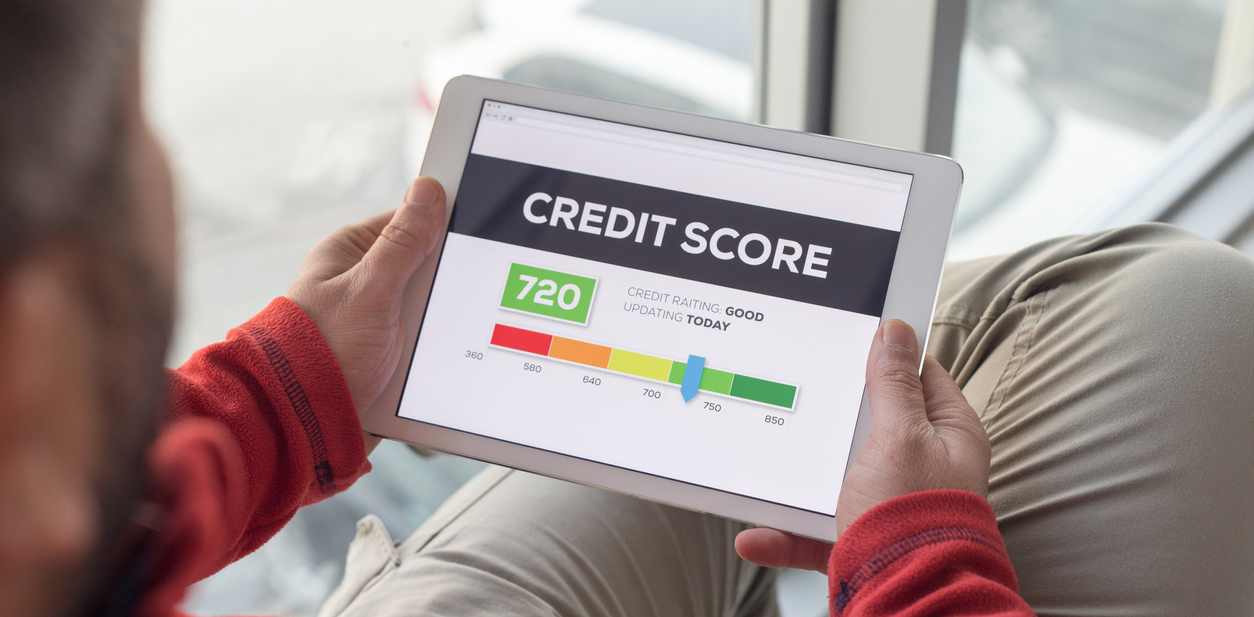You’re leasing a vehicle that you know you want to keep. Should you get a lease buyout car loan?
Leasing a vehicle has perks, but there are also decisions to make that you don’t have with traditional car loans. You’ll need to decide if you want to buy out your auto lease contract or take another path like returning your car. This means you might need to consider lease buyout loans.
How does a lease buyout work and can a loan help? Review this guide to auto loan buyouts and finding the right financing offers for buying out your car lease.
What Is a Lease and How Do I Get Out of One?
In 2019, almost 29% of new cars were leased in the U.S. Even with so many leased cars, not everyone understands lease contracts and their end-of-lease options. A lease is basically when a car dealership lets you borrow their property for a monthly payment.
Leasing might not be an option for all credit profiles, but for well-qualified borrowers, they can offer lower monthly payments and total vehicle costs. Depending on the terms of your car lease, you’ll typically have two to three options for getting out of it.
1. Lease Another Vehicle
Many people use leases because they routinely want the newest models and features instead of used cars. A lease enables you to get the newest model without going through the sales process. You might have lease extension options on your vehicle lease, as well. This would allow you to continue leasing the vehicle you have if you aren’t interested in owning it, but it makes the least sense economically.
2. Lease Buyout Loans
If you like and want to keep your leased vehicle, you might have a buyout option that lets you purchase the car for the residual value. A car lease buyout lets you refinance this residual value, so you don’t have to pay it all at once. This allows you to keep your car while managing a smaller loan amount. Depending on your loan terms, you might have a lower monthly payment with a loan buyout.
3. Return the Vehicle
Some people want to return the vehicle and either purchase another one or lease from another dealership. Returning it is almost always an option, but you’ll need to think about the costs of returning it. If you exceeded the mileage limits on the car, for example, you might have significant out-of-pocket costs that you didn’t prepare for.
Not every lease will have each of these options, so you want to review your lease terms carefully and ask your salesperson any relevant questions before you agree to a lease.
Residual value: the estimated value of a vehicle at the end of the lease term. This is agreed upon at the beginning of the lease and written into the contract.
Trade-in value: the value of a vehicle to a dealer who will then sell it for profit. This is considerably lower than retail value.
Retail value: the value of the car for sale by a dealer or private seller. This includes profit margin.
How Does a Lease Buyout Work?
If you have the cash to buy out your lease, it’s a pretty straightforward process: You’ll pay off the outstanding loan balance plus any prepayment penalties your lender charges.
If you need to take out a loan to buy out your lease, that takes a little more time. A lease buyout loan requires a few steps, including:
- Getting your current lease balance: You’ll need to know how much you owe on your current lease before you apply for a loan. This payoff should come directly from your lessor, so you get the most accurate payoff amount.
- Calculating your vehicle’s value: While the lender won’t ask you for this information directly, you should know this so that you understand how much equity you’ll have in the future. This might also limit your loan amount if the value of your vehicle is significantly less than your loan balance.
- Applying for several loan options: To find the best loan rates, you’ll want to apply for lease buyout loans with a few different lenders. This will allow you to compare interest rates, fees, and loan terms so you get the best financing offer for your situation.
- Paying off your lease balance: There are a couple of ways this can happen. Some lenders will want to send the payoff directly to the leasing company while others will send you a check or direct deposit. You can then use that money to buy out the lease yourself.
After your lender pays off the lease balance, you’ll start receiving statements from your new lender. Once you pay off the lease buyout loan, you’ll be the proud owner of your vehicle.
4 Things You Need to Know About Lease Buyout Loans for Vehicles
Everyone’s vehicle preferences and financial goals are different, but auto lease buyout loans can be an effective strategy for people who want to stretch their capital.
1. You can expand your purchasing power with a lease buyout loan.
If you’ve decided that your lease isn’t working for you — or you just know that you want to own the car you’re driving, you have a decision to make. You can either buy out the lease with your own cash, which you may or may not have, or you can get a lease buyout loan to pay off the balance.
Even if you have the cash to buy out the lease, a loan can help you reserve your savings for other unexpected expenses.
2. Auto loan buyouts eliminate the mileage restrictions associated with leases.
While leasing a car has many benefits — lower payments, access to premium service features, and the lack of purchase commitment, one of the disadvantages for many drivers is the mileage limits that dealerships place on vehicles. Going over in miles can add unexpected costs to your lease.
Rather than entering into a new lease or trading in your car because you don’t have the cash to buy out your lease, a lease buyout loan can get you out of that restrictive situation.
3. Buying out a lease with financing can offer you long-term savings.
You can always enter into a new lease, but you’ll probably end up with payments similar to what you have now, if not higher. A lease buyout loan can let you keep the car you’re in while offering the potential for lower monthly payments. Loans also have a definite payoff date, which means ownership.
4. There might be options for lease buyouts if you have bad credit.
Qualifying for a new lease with bad credit will be difficult, but there might be loan options for people that don’t have the best credit history. This can be one of the least expensive ways to keep a car without depleting any savings you have. Finding these options can be tricky if you don’t have a plan.
Review your credit report and credit score to see where you stand, then find a loan calculator. This will help you estimate your potential lease buyout loan costs and whether it makes sense for you.
Is It a Good Idea to Buy Out a Car Lease?
Financial goals vary and vehicle trends change over time. That means how you feel about your car — and whether it’s worth it to keep it — might change as well.
The right decision about your lease buyout options depends on a few factors, including:
- The value of your vehicle: If your auto lease has a buyout option, the terms will have a residual value listed so you know how much you’ll pay at the end of the lease. As long as your vehicle is still in good condition, a buyout might be a good idea if you maintain positive equity.
- How much cash you have on hand: You might not have a lot of cash on hand to buy out your lease, which can impact your decisions about keeping a car. A lease buyout can enable you to keep your car, but you need to weigh the costs of financing carefully, so you don’t go upside down.
- Your other lease buyout options: There is generally the option to return the car, which is your best option if you find yourself unable to afford payments. However, you might not like the car you’re in or know you’ll have high maintenance costs in the future that might give you pause.
If your vehicle is in great condition and has a high resale value, it might be a good idea to exercise your purchase option either with your own cash or with a loan.
Finding the Right Lease Buyout Loan
The right loan amount for buying out a car lease depends on several critical aspects. You’ll want to consider the interest rates, how long you’ll be paying for the car, and how much your vehicle will be worth at the end of the loan. You also need to consider any other loan costs.
About The Author
RateGenius
A better way to refinance your auto loan. RateGenius works with 150+ lenders nationwide to help you save money on your car payments. Since 1999, we've helped customers find the most competitive interest rate to refinance their loans on cars, trucks, and SUVs. www.rategenius.com
;)












